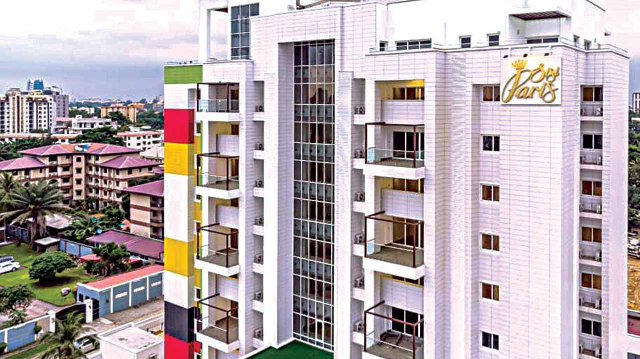The recently introduced policy on foreign exchange by the Central Bank of Nigeria channeling the flow of forex through commercial banks has reset how households and businesses access this commodity in order to transact with the rest of the world.
The value of the Naira has spiraled to an unprecedented and unimagined depth in recent years as the country’s main source of earning forex has been threatened by the coronavirus pandemic, which saw output and price plummet simultaneously at the international oil market since the outbreak.
The Central Bank of Nigeria had on Tuesday, July 27, 2021, announced its decision to stop the sale of forex to Bureau De Change operators, with the Governor of the CBN, Godwin Emefiele, accusing the operators of compounding the pains of retailers sourcing for foreign exchange and had become a conduit for illegal activities.
With the recent announcement, commercial banks have become the major players in the retail of forex to local businesses that transact with foreign suppliers, as well as travelers.
The CBN’s transition from BDCs to banks almost coincides with the timing of the release of a report by the Manufacturing Association of Nigeria (MAN), which places access to forex as the topmost challenge of its members in the second quarter of 2021.
Although the report covers the second quarter of 2021, stakeholders are optimistic the new arrangement will prove to be a lasting and satisfactory approach to this challenge.
Days after the announcement by the CBN, the Chairman of Delta State chapter of MAN, Dr. Okwara Udensi, in an interview with the News Agency of Nigeria (NAN) in Benin said, “The banks should keep to their own obligations, we don’t want situations where the banks will hoard the foreign currencies and say they are yet to receive supply from the CBN,”
To ensure banks do not abuse the CBN’s policy, the apex bank has threatened to suspend the FX operational licence of any bank, for a duration of at least one year, if proven that such bank was involved in any form of foreign exchange (FX) malpractice.
READ ALSO: Stanbic IBTC Enlightened Nigerians On Smart Investment Opportunities
Also, following the CBN’s directive of August 31, 2021, ordering all commercial banks to publish the names and the Bank Verification Numbers (BVN) of customers who fraudulently applied for or obtained foreign exchange, some banks have started complying by sending messages to their customers to inform them of the development.
In a message sent by Stanbic IBTC to its customers and seen by BizWatch Nigeria, the bank informed its customers that, “We have been directed by the CBN to publish the names and Bank Verification Numbers (BVNs) of defaulting customers who present fake travel documents or cancel their flight tickets and fail to return the purchased PTA and BTA within two weeks as stipulated in the signed customer declaration form.”
In a recent interview with a Guaranty Trust Bank customer who received remittance through the bank stated that, “the bank opened a domiciliary account for me the moment I was sent the money. This was done because the sender chose the option that I be paid in Dollars. The bank notified me through email and when I went to the bank to collect the money, I was paid the money in dollars at no extra charges, and I got the Naira commission as well.”
The authorities and financial analysts are watching closely to see how this new directive will help the naira regain some of its lost weight.













